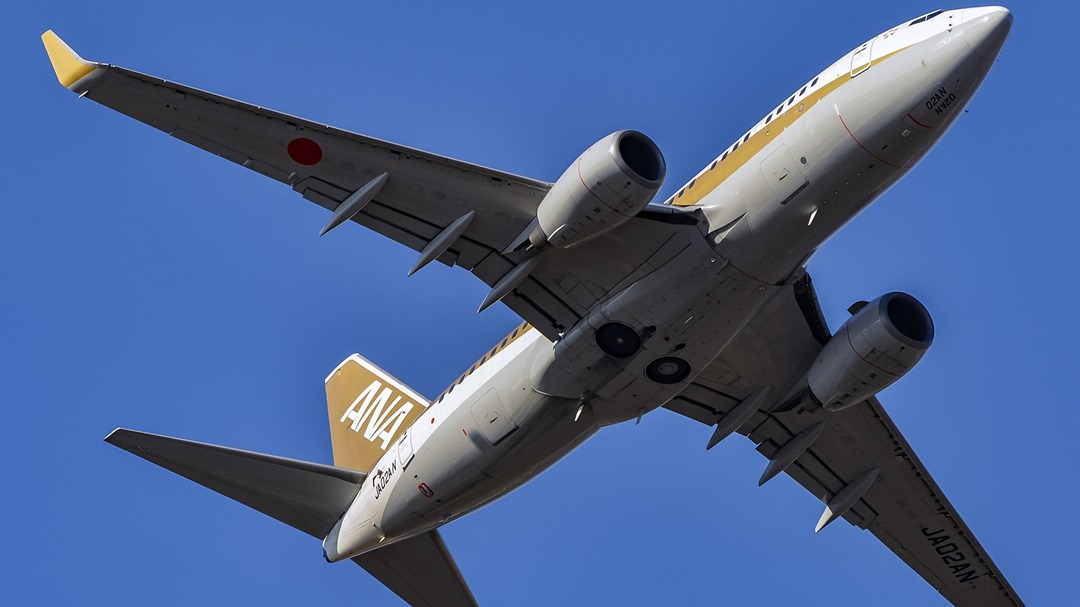
Company
08:07, 09-Jan-2019
Boeing delivers record 806 aircraft in 2018, shares jump 4 percent
Updated
07:18, 12-Jan-2019
CGTN

Boeing Co delivered a record 806 aircraft in 2018 as it overcame supplier woes, retaining the title of the world's biggest planemaker for the seventh straight year.
The company's shares rose as much as 3.9 percent to $340.90 and were the biggest percentage gainer on the Dow Jones Industrial Average.
European rival Airbus SE, which will report its numbers on Wednesday and lags behind Boeing due to engine delays, said it achieved its 800-jet target pending final audit.
“Overall, Boeing is taking market share from its main competitor Airbus and is well positioned with strong commercial and military demand,” said CFRA Research analyst Jim Corridore, who upgraded the stock to “strong buy” from “buy”.
Investors and analysts closely watch the number of planes Boeing turns over to airlines and leasing firms for hints on the company's cash flow and revenue.
The latest numbers indicate that fuselage and engine delays at suppliers in 2018 are largely behind Boeing as it gears up to meet surging demand for airplanes in 2019 amid booming air travel.
“In addition to the ongoing demand for the 737 MAX, we saw strong sales for every one of our twin-aisle airplanes,” said Ihssane Mounir, senior vice president of commercial sales and marketing.
To mitigate supply chain snarls, Boeing helped expand production capacity at suppliers who have hired workers, including retirees this year.
In October, its biggest supplier Spirit AeroSystems Holdings Inc said it was back on track to meet the surging demand for its aircraft parts.
CFM International, co-owned by France's Safran and General Electric Co, also affirmed in the same month its commitment to deliver 1,100 to 1,200 units despite being roughly four weeks behind schedule.
Boeing also looked set to beat Airbus for aircraft orders on a like-for-like basis in 2018 after booking 893 net orders, excluding cancellations in the year.
Meanwhile, Airbus ended November with 380 net orders, to which it has since added confirmed deals for another 220 aircraft.
According to industry sources, it won another 150 from Asian-backed leasing companies that are yet to be announced, with Boeing also getting a lift from Chinese demand.
The Airbus tally, however, included 120 of the former Bombardier CSeries, a Canadian plane program which it bought last year.
Orders for Boeing and Airbus are seen down compared to 2017 as airlines fret over trade tensions and the slowing global economic growth. But deliveries at both rose on the back of an earlier order boom.
“69 December 737 deliveries suggest (supplier) bottlenecks easing. Solid December book-to-bill closes year at 1.1x and helps mitigate cycle concerns,” Credit Suisse analyst Robert Spingarn said in a client note.
Source(s): Reuters

SITEMAP
Copyright © 2018 CGTN. Beijing ICP prepared NO.16065310-3
Copyright © 2018 CGTN. Beijing ICP prepared NO.16065310-3